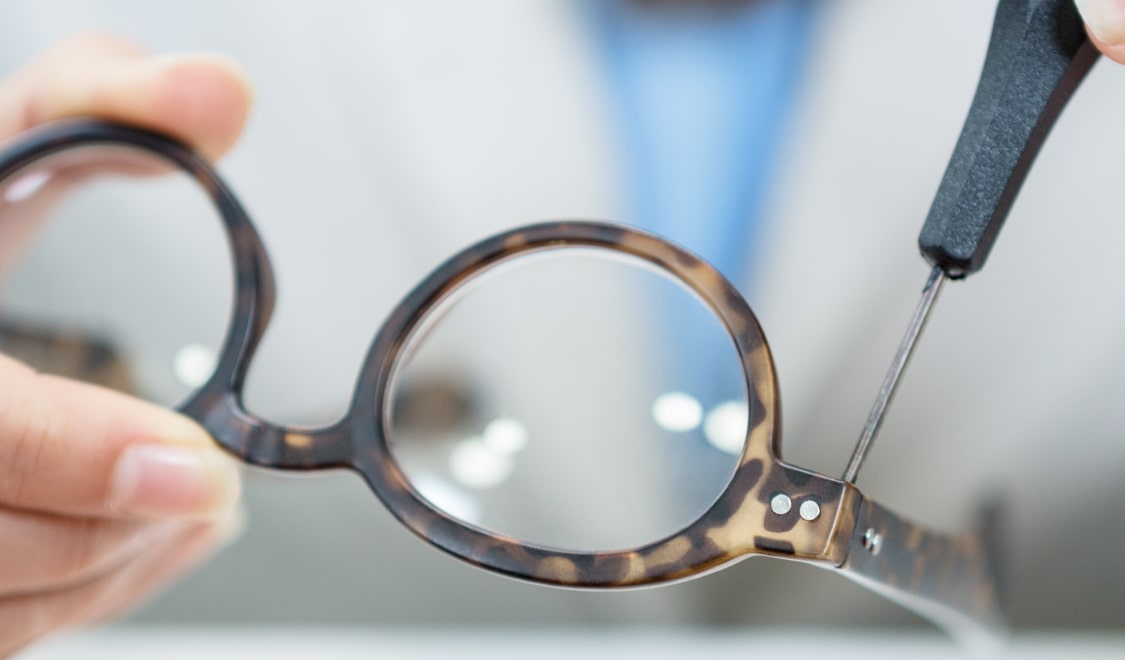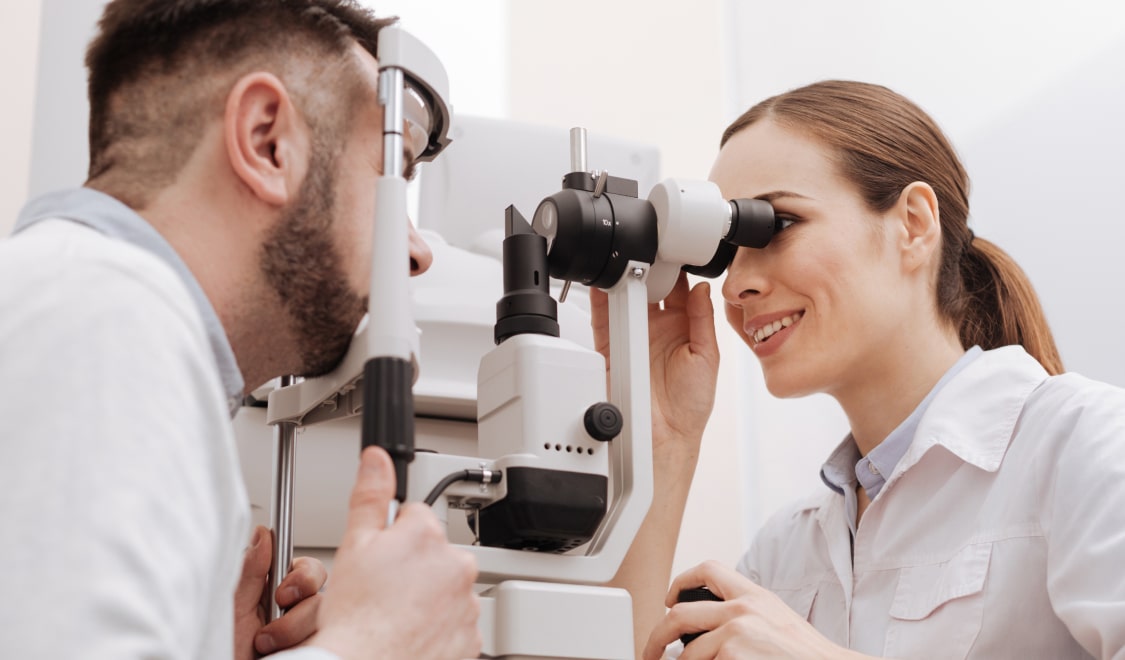Pediatric eye care is crucial in early detection and treatment of eye conditions. Routine exams can prevent long-term vision problems and help identify issues like amblyopia (lazy eye) or strabismus (crossed eyes) that, if left untreated, can lead to permanent vision impairment.
A child’s development can hinge on how well they can see. Young children who experience issues with their vision might not be able to communicate this, and may think that what they see is normal.
What to look out for
Children develop at different rates and while there are always multiple elements at play, it’s useful to know when a child’s behavior may be explained by poor vision. Signs that a child is struggling to focus include:
- rubbing their eyes
- squinting
- repeated blinking
- headaches
- sitting close to the TV
- holding books and handheld screens close to their face
- eyes not pointing in the same direction
If a child is experiencing vision problems, their behavior might be more nuanced. If a child is experiencing vision problems, it can have an impact on their school performance, potentially leading to behavioral issues and difficulty concentrating in the classroom. For example, a disinterest in reading and writing may be because they are struggling with their eyesight. Additionally, difficulty with seeing clearly may create problems with coordination and dexterity, affecting a child’s ability to engage in physical activities and fine motor skills.
How can a child’s eyesight be corrected?
During our assessment, the optometrist will check a variety of factors to gain an overall impression of a child’s vision and eye health. A child’s eyesight can be corrected through various means depending on the nature and severity of the vision problem. Some of these methods may include:
- Prescription glasses
- Vision Therapy
- Surgery
- Eye Drops
- Patch Therapy
It’s important for children to have regular eye exams to detect and address vision problems early. An eye care professional will determine the best course of action based on the child’s specific needs and conditions. Early intervention is crucial to ensure proper vision development and to address any potential learning or behavioral issues associated with vision problems.
When should children have eye tests?
We offer pediatric eye care starting at age four. Early detection and intervention play a crucial role in addressing visual acuity issues that may otherwise hinder learning and development. Additionally, if parents or teachers notice any signs of vision problems at any age (such as squinting, frequent eye rubbing, complaints of headaches or eye strain, difficulty reading, or poor school performance), it’s important to have the child’s vision checked promptly, regardless of their scheduled eye exam.
Get in touch with us or request an appointment to arrange a pediatric examination for your child.











